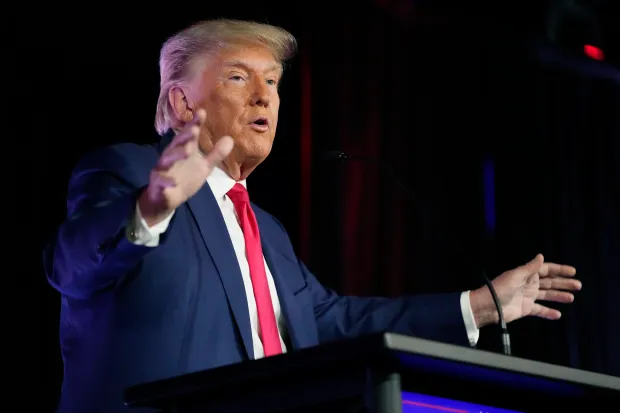ISIS Claims Responsibility for Moscow Terrorist Attack** ISIS has claimed responsibility for the recent terrorist attack in Moscow, Russia, adding to the group’s history of violence and destabilization. The attack, which occurred [insert date], targeted [describe the target or location] and resulted in [mention casualties or damage]. The terrorist organization, known for its brutal tactics and extremist ideology, has orchestrated numerous attacks around the world in its pursuit of establishing a caliphate. Despite facing significant setbacks in recent years due to military interventions and counterterrorism efforts, ISIS continues to pose a threat to global security.
In the wake of the Moscow attack, authorities are intensifying their efforts to combat terrorism and enhance security measures to prevent future incidents. The international community condemns such acts of violence and stands in solidarity with Russia in the fight against terrorism. **Trump’s Controversial Statements on ISIS** In a controversial statement made during the 2016 U.S. presidential campaign, then-candidate Donald Trump stirred controversy by alleging that former President Barack Obama was the founder of ISIS, with Hillary Clinton as the co-founder. Trump’s assertion, made during a campaign rally in Florida, sparked widespread debate and criticism.
Trump’s remarks were met with strong pushback from political opponents and experts who argued that they were baseless and lacked factual evidence. Critics accused Trump of oversimplifying complex geopolitical issues and using inflammatory rhetoric for political gain. The notion that Obama and Clinton were directly responsible for the rise of ISIS overlooks the complex factors that contributed to the group’s emergence, including the power vacuum left in Iraq after the U.S. invasion in 2003, sectarian tensions, and the Syrian civil war. While Trump’s statement may have resonated with some of his supporters, it was widely dismissed by analysts and policymakers as misleading and inaccurate.
Obama administration officials and Clinton herself vehemently denied the accusations, emphasizing their efforts to combat terrorism during their respective tenures in office. Despite the controversy surrounding Trump’s remarks, they underscored the contentious nature of the 2016 presidential campaign and the role of terrorism as a key issue in shaping public opinion and political discourse. However, it’s essential to approach such claims with skepticism and scrutiny, considering their potential to distort reality and perpetuate misinformation.


